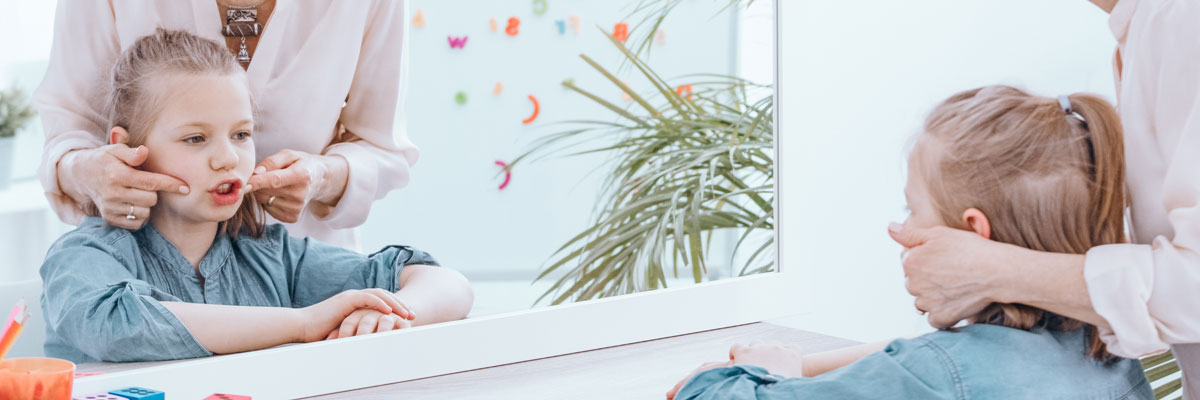
The early ’80s and ’90s saw an immense transformation in the approach and treatment processes for people challenged with ASD.
Speech/language therapists became increasingly engaged in both research and treatment efforts around ASD. Today, several of the acclaimed health experts across the globe firmly opine that speech/language therapy is essential where the efficacy of therapeutic approaches on both children and adults are concerned.
Speech and language therapy can prove to be immensely beneficial in improving the social-communication skills of your child with ASD through any or more of the means listed below.
Joint Attention Training
It aids your child in coordinating attention between a person and an object in a social setting.
Modelling
It utilizes video or real-time modelling for imparting new skills to your child.
Naturalistic Teaching
It enables your child to develop and leverage opportunities for communication improvement across his or her daily routine.
Peer Training
It coaches a sibling or any other child in your family on ways to employ supportive strategies during interaction and play with a child challenged with ASD.
Speech/language therapy aids in improving overall communication, which, in turn, help both children and adults improve their functioning on a daily basis and their ability to bond with other people.
Speech/language therapy can assist your child with ASD to:
a) Articulate words better
b) Communicate both non-verbally and verbally
c) Interpret non-verbal and verbal communication; comprehend others’ intentions in varied settings
d) Communicate without being prompted
e) Understand the suitable place and time for communication, for instance, when it is appropriate to say Good Afternoon
f) Learn how to converse with other people
g) Exchange ideas
h) Communicate in ways for forging relationships
i) Appreciate the priceless joy in interacting, playing, and communicating with peers
k) Develop self-discipline
At CASE, we aim to reduce the myriad of challenges experienced by children with Autism Spectrum Disorder or ASD in their daily life to a significant extent. We do it by promoting philanthropic alliances, adopting researched approaches, and fostering a culture of collective knowledge sharing.
Schedule a consult today or request a call-back now to know more.